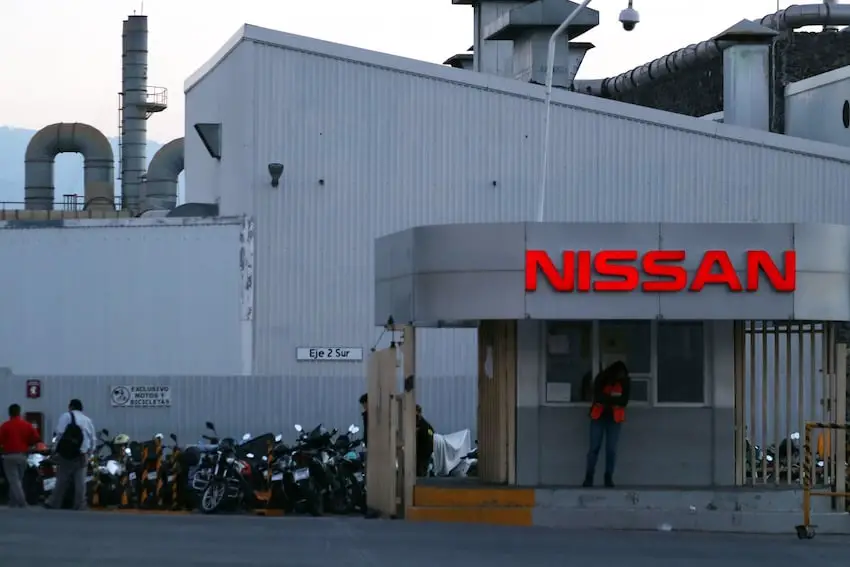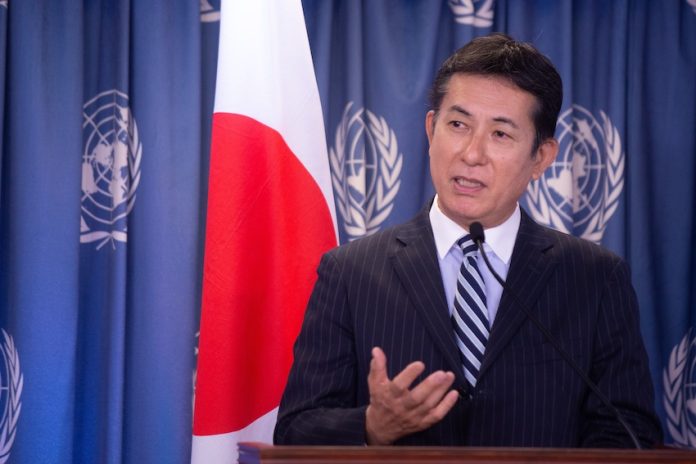Nearshoring is expected to increase Japanese investment in Mexico by up to 66% in 2024, according to Noriteru Fukushima, Japan’s ambassador to Mexico.
Speaking during the 33rd Mexico-Japan Business Plenary Meeting, Fukushima said that Japanese companies had invested US $2.4 billion in Mexican plants in 2023 and are expected to invest between $3 and $4 billion in 2024.

“Many from Japan want to know what is happening in Mexico, what’s going to be done in Mexico, what Mexico is going to be like because many companies are coming because of nearshoring,” Fukushima said.
He added that he had explained the strong economic momentum in Mexico so frequently that investors are “tired of hearing those projections.”
“We are reporting in Tokyo that Mexico has power … so I want the people of Tokyo to understand that reality,” Fukushima said.
Large Japanese investments announced in Mexico this year include a $200 million Kawasaki motorcycle factory in Nuevo León and a $328 million upgrade of a Toyota plant in Guanajuato, equipping the factory to build hybrid trucks.

Fukushima claimed that Japan has always been the fourth-largest foreign investor in Mexico, after the United States, Canada and Spain. In the first nine months of the year, Japan was the fifth-largest origin country for FDI in Mexico, however, in a roundup by the Economy Ministry (SE) of the $106 billion of investment projects announced this year, Japan did not make it into the list of top 10 investing countries.
This could be set to change in the near future. During her addresses to the Plenary, Melba Pría, Mexico’s ambassador to Japan, emphasized the new opportunities for collaboration that arise from the two countries’ environmental commitments. Mexico aims to produce 35% of its electricity supply from renewable sources by 2024, while Japan is looking to hydrogen fuels as a key element of its plan to decarbonize its economy by 2050.
“Mexico already produces blue hydrogen and is moving forward to produce green hydrogen, there is another [investment] opportunity for Japan,” she said.
She also emphasized the positive synergies between Japan and Mexico’s different economic strengths.
“Japan’s high technology and investment capacity, the creative capacity, the raw materials and the platform of certainty Mexico offers with the USMCA and 13 free trade agreements with 50 countries, put Mexico and Japan in a place of great stability to export to North America and the world,” she said.
The two countries celebrate the 135th anniversary of the establishment of modern diplomatic relations this year, although their trade and cultural links date back to the colonial period in Mexico.
With reports from Forbes México
